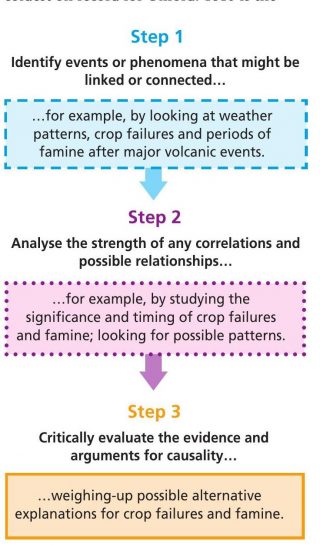
We hear a lot about renewable energy sources. There has been rapid growth in their use in Britain and many other countries. Investment in renewable energy has grown as governments try to decrease our reliance on fossil fuels, but renewables still account for only a small proportion of the energy we use in most of Europe.
By contrast, about three-quarters of all renewable energy is currently consumed in developing countries. Most of this energy comes from biological sources — fuelwood, charcoal, agricultural residues and animal dung — that are together known as ‘traditional biomass’ fuels because ultimately they are all derived from plant matter or biomass. In many countries, these resources account for more than 90% of total household energy consumption.
Your organisation does not have access to this article.
Sign up today to give your students the edge they need to achieve their best grades with subject expertise
Subscribe




